Panel 3: Wisdom of the Landscapes 2.0
Traditional resource extraction has been employed by Indigenous and/or local communities for generations. However, political and economic pressures have forced communities to alter their practices to adapt to outside pressures. This shift resulted in gradual loss of Traditional Ecological Knowledge and expedited the assimilation of Indigenous and local communities to the larger state entities. In this panel, we provide examples from Taiwan and Bicol, Philippines where communities decided to maintain their traditional agricultural and fishing practices, but at the same time, met the demands of market and political pressures.
Panelists: Da-wei Kuan (National Cheng-chi University, Taiwan); Raul Bradecina (Partido State University), Yih-ren Lin (Taipei Medical University), Agung Wardana (Universitas Gadjah Mada, Indonesia)
Moderator: Ching-ping Tang (NCCU)
REGISTER FOR ZOOM LINK:
https://ucla.zoom.us/webinar/register/WN_9Bs2hBHDQlmk64lvu1fDNg
Panelists and Moderators
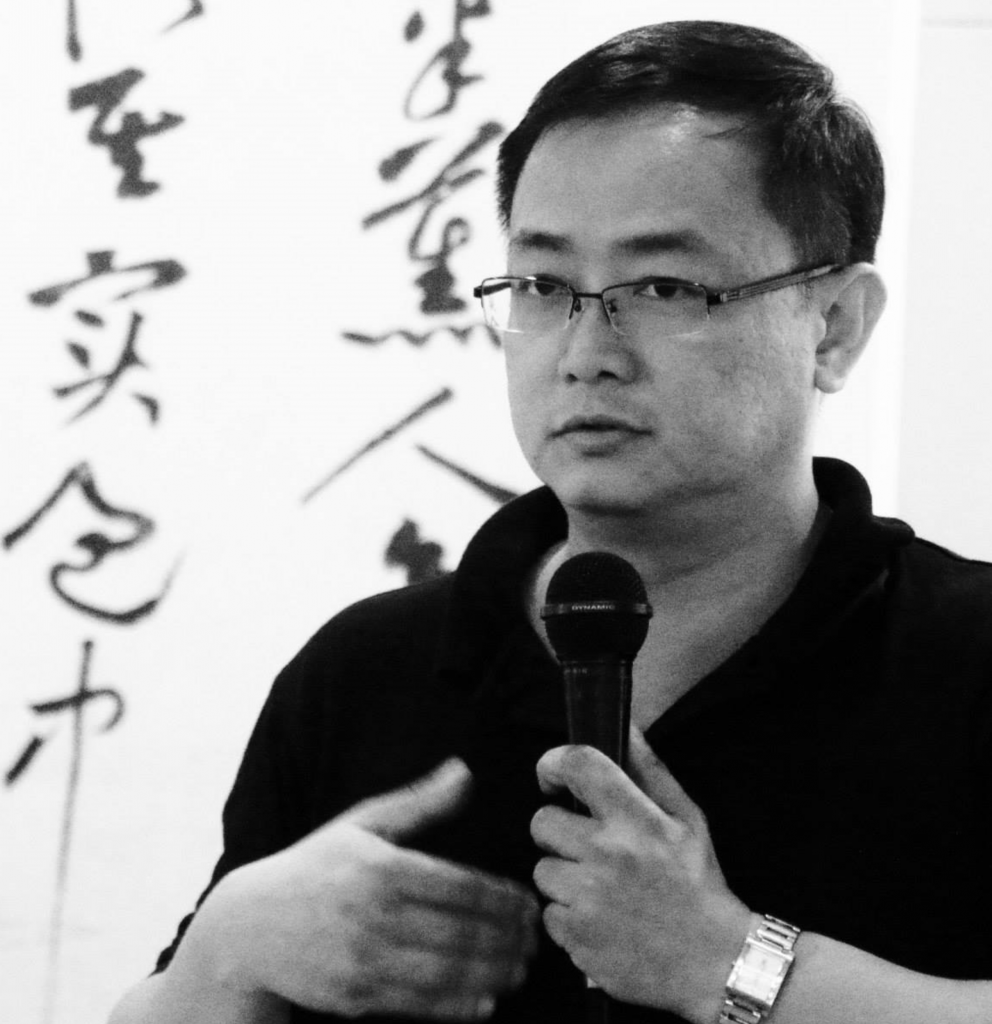
Daya (Da-Wei Kuan), comes from the Tayal indigenous group in Taiwan, received his PhD degree in geography from the University of Hawaiʻi at Mānoa, is currently an Associate Professor in the Department of Ethnology at NCCU. His research interests include: indigenous geography, indigenous land policy, indigenous community mapping, and community-based resources management. Devoting to integrate his works of academic research, teaching and community service for the claim of indigenous land rights, he collaborates with different indigenous communities in many traditional territory mapping, land-use planning and community development projects. In addition to the fieldworks in Taiwan, Daya also commits himself to the comparative studies and collaborations within the Austronesian language-speaking communities in Southeast Asia and the Pacific, including Philippines, Hawaii, and Aotearoa (New Zealand). Daya has extensively written about Taiwan’s Indigenous peoples’ issues including the need to include indigenous perspectives in defining traditional territories (co-written with Yih-ren Lin).
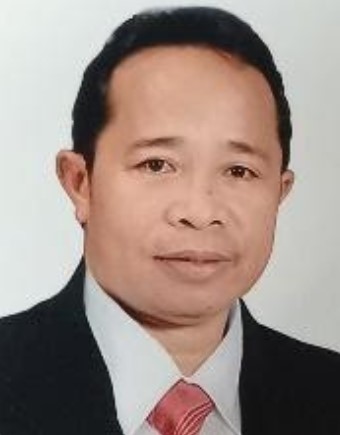
Raul G. Bradecina is an environmental and resource economist, aquatic biologist, academic leader, mentor and development advocate. Pursued research and extension projects on coastal, riverine and upland communities focusing on ecosystem, resource utilization and behavior and culture as they relate with sustainable development. Has been implementing research projects in shrimp systematics, biodiversity conservation and ecotourism of protected seascapes and landscapes, economic valuation studies of marine protected areas, marine fishery reserves-sanctuaries, fisheries socioeconomics, aquaculture and evaluation of livelihoods and adaptation strategies of coastal and rural communities to hydrometeorological disasters in rural southeastern Philippines. Earned academic degrees in aquaculture, ocean science and resource and environmental economics. Currently serving as president of a state higher education institution with strong concentration on instruction, research and community extension on sustainable utilization of coastal, riverine and upland resources, ecosystem governance, socioecological resiliency and rural development.
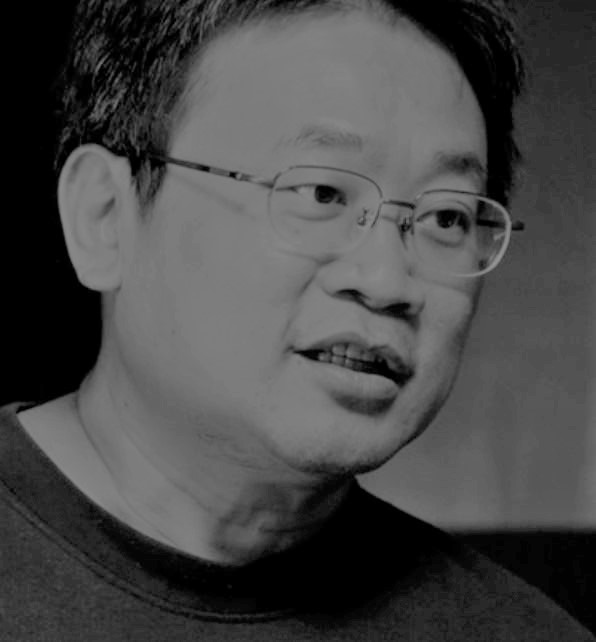
Yih-ren Lin is Director of the Research Center of Humanistic Innovation and Social Engagement at Taipei Medical University. He received his Ph.D. at University College London’s Department of Geography. His expertise includes ecology, indigenous studies, cultural geography, environmental justice and food sovereignty. He has been engaged in numerous indigenous community projects and is currently working with the International Partnership for the Satoyama Initiative (IPSI) to promote self-sufficient management of agricultural and natural resources within local communities.
Here are the videos that Professor Lin would like to share about his work:
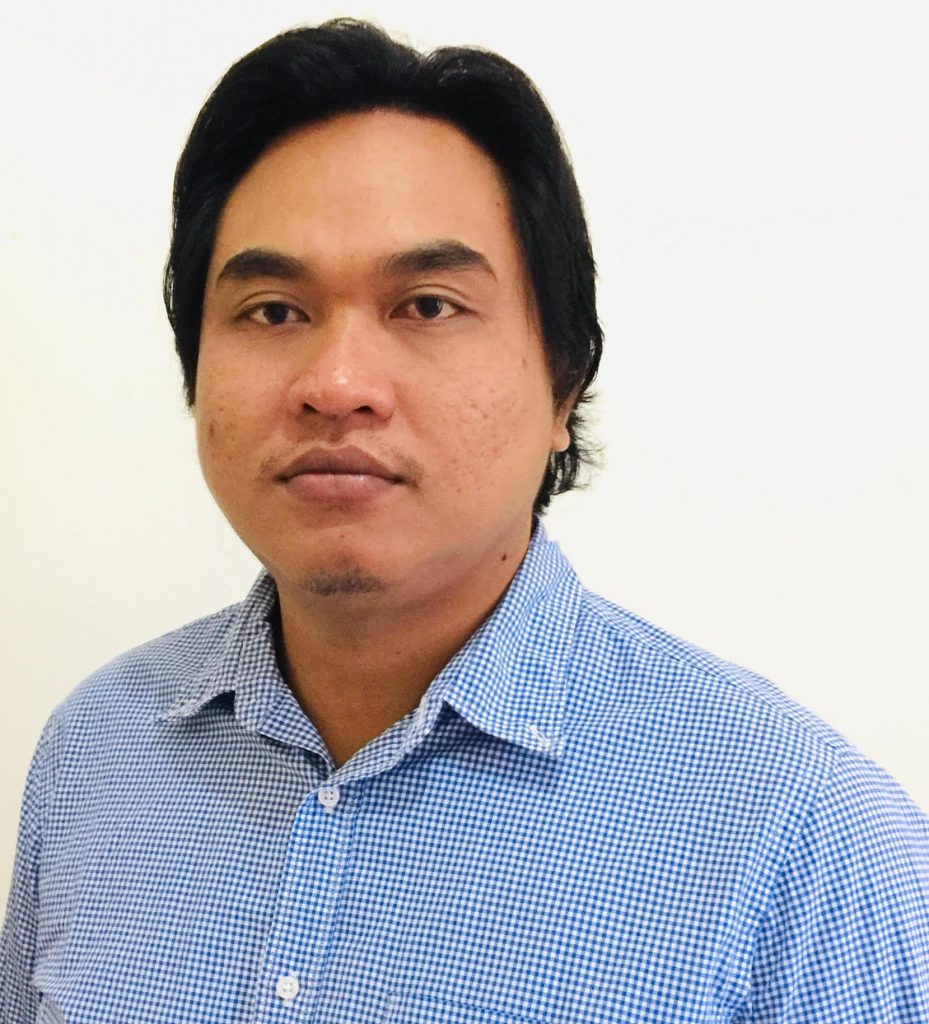
Agung Wardana is assistant professor at Environmental Law Department, Faculty of Law, Universitas Gadjah Mada, Indonesia. He is the author of Contemporary Bali: Contested Space and Governance (Palgrave Macmillan, 2019) and his articles have been published in, among others, Critical Asian Studies, the Asia Pacific Journal of Anthropology, and Asian Journal of Asian Law. His research interests include: environmental law and governance, law and social movement, critical heritage studies, and socio-legal studies.
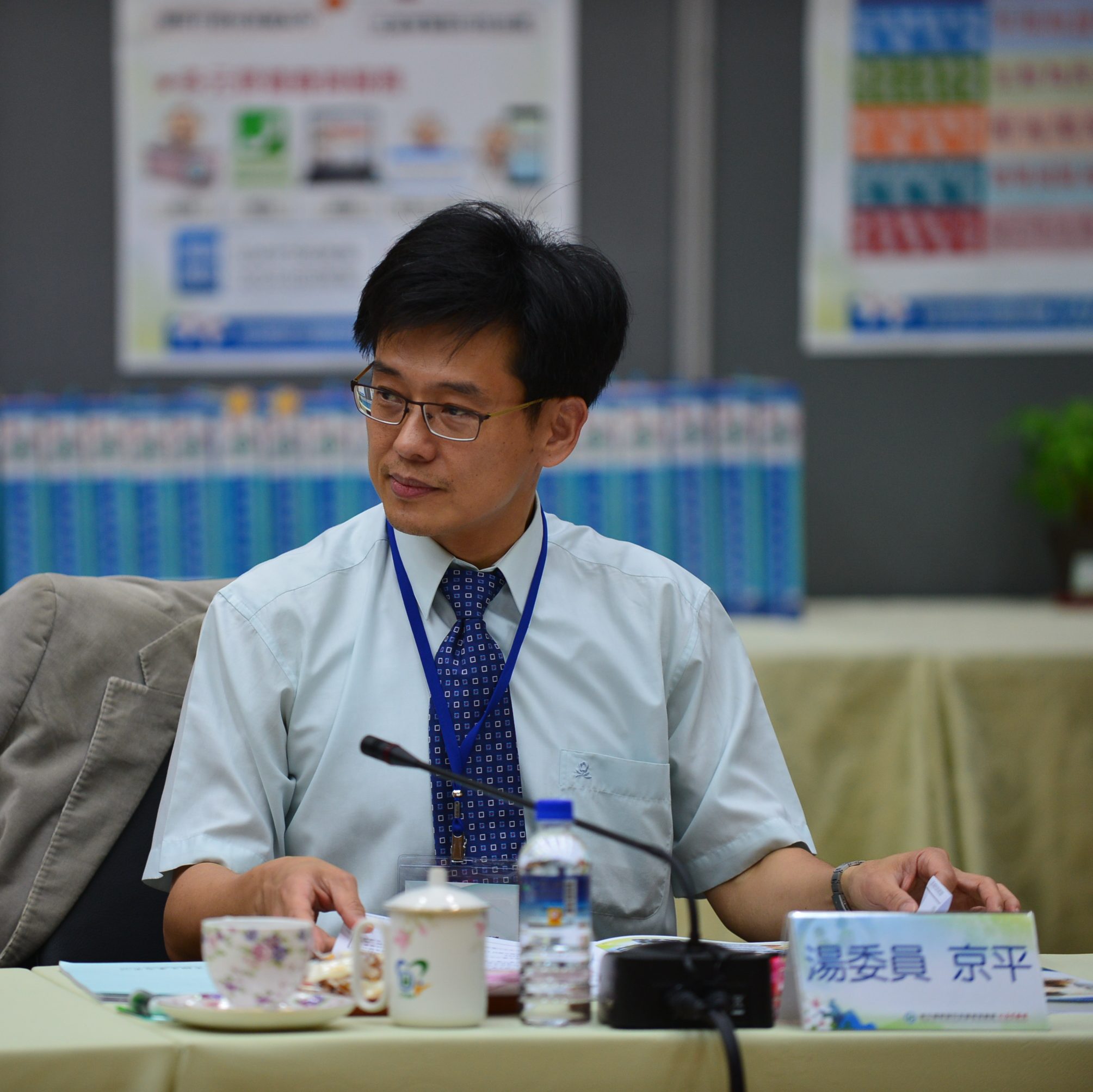
Ching-Ping Tang, a Ph.D. from USC, is now Distinguished Professor of Political Science, Director of International Doctoral Program in Asian-Pacific Studies, Associate Dean of College of Social Sciences, and Director of University Outreach Office at National Chengchi University (in Taiwan). Email: cptang@nccu.edu.tw
